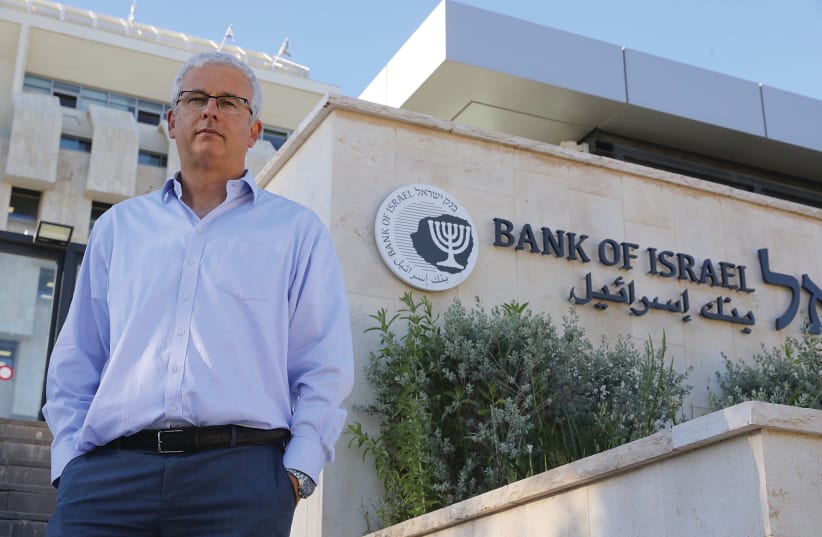In a move that has sent shockwaves through the cryptocurrency community, Russia is intensifying its efforts to assert control over its financial landscape by cracking down on crypto trading. Anatoly Aksakov, the Chairman of the State Duma Committee on the Financial Market, recently unveiled plans to enforce stricter regulations against crypto trading, with new laws set to take effect on September 1 of this year.
The rationale behind this clampdown is clear: to safeguard the national currency, the ruble, from the encroaching influence of borderless digital assets. Aksakov minced no words, specifically targeting “Bitcoin and other cryptocurrencies” as threats to the Russian ruble’s role as the nation’s sole monetary unit.
According to Aksakov, the need for such stringent measures arises from the fact that cryptocurrencies are increasingly being used as a quasi-currency, undermining the ruble’s status. Hence, the decision to ban crypto trading activities within Russian borders was deemed necessary to preserve the integrity of the national currency.
This announcement comes hot on the heels of a bill aimed at regulating mining activities, spearheaded by Aksakov and a group of deputies. The proposed legislation seeks to outlaw the organization of digital currency circulation in Russia, effectively rendering crypto trading businesses illegal as of September 1. However, it’s worth noting that the exact wording of Aksakov’s statement leaves room for ambiguity regarding peer-to-peer transactions between individuals.
Acknowledging the threat that cryptocurrencies pose to the forthcoming Russian Central Bank Digital Currency (CBDC), Aksakov’s legislation seeks to tilt the playing field in favor of state-controlled digital assets like the digital ruble. Additionally, the bill aims to provide preferential treatment to crypto mining, recognizing its significant contribution to tax revenue.
Indeed, the numbers speak volumes. According to Statista, cryptocurrency miners in Russia generate nearly $2.6 billion in liquidity. Recognizing the economic potential, the Russian Ministry of Finance has even proposed treating crypto mined within the country as exportable goods, akin to natural gas.
While crypto trading through registered exchanges remains legal, traders are now required to declare their transactions and pay taxes on their gains. This regulatory approach underscores Russia’s preference for control over outright prohibition. However, recent developments suggest a worrisome trend in the country’s approach to digital assets.
Simultaneously, the Russian government is aggressively pushing forward with its CBDC program. Large companies have been mandated to comply with CBDC obligations, signaling a concerted effort to integrate the digital ruble into the nation’s financial ecosystem. Initial projections indicate that the digital ruble will be widely accessible by 2025, marking a significant milestone in Russia’s journey towards digital financial sovereignty.
As Russia tightens its grip on crypto, the global implications are profound. With the eleventh-largest economy in the world taking decisive steps to assert control over its financial future, the landscape of digital currencies is poised for a seismic shift. As other nations observe Russia’s maneuvers, the debate over the regulation of cryptocurrencies versus outright prohibition is likely to intensify on the global stage. In this unfolding saga, the fate of digital currencies hangs in the balance, as nations grapple with the complexities of financial innovation in the digital age.



